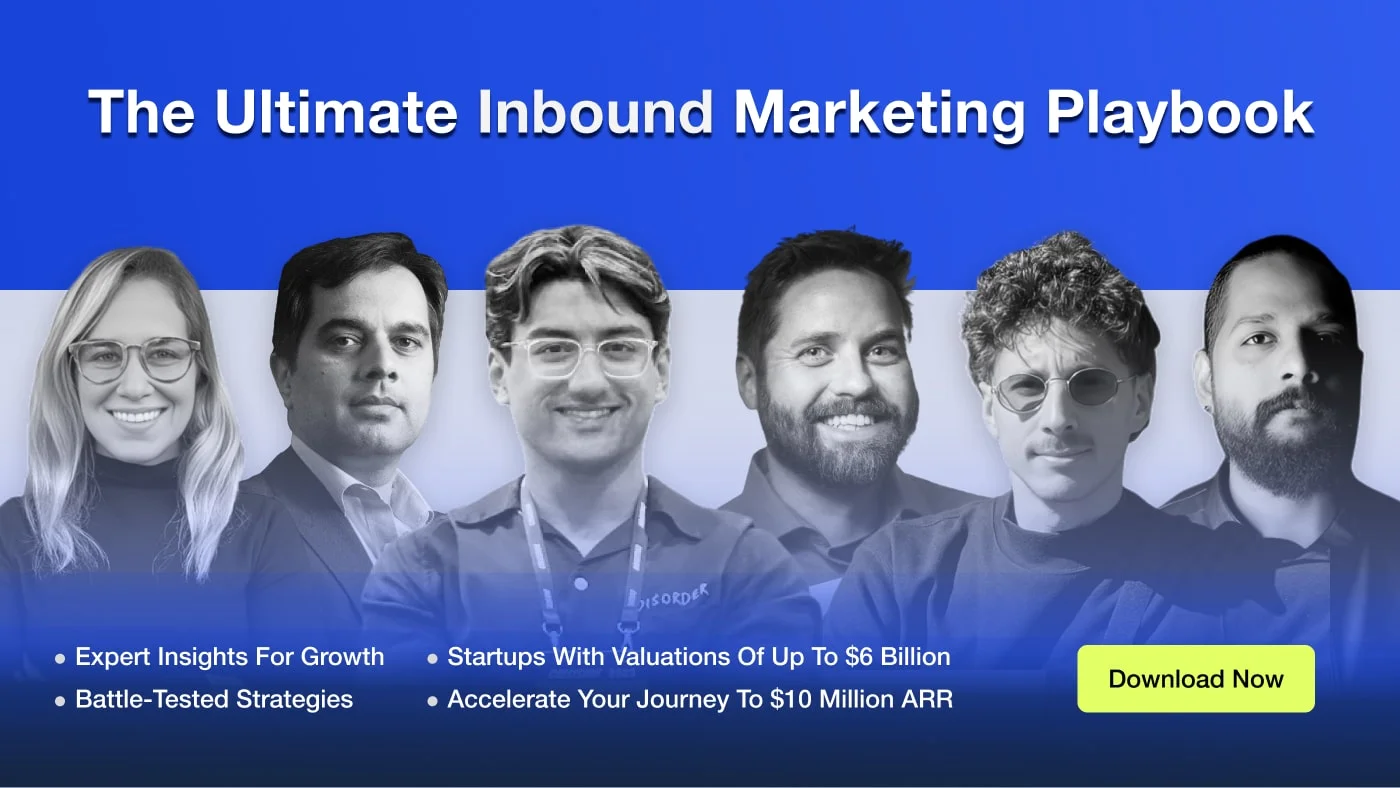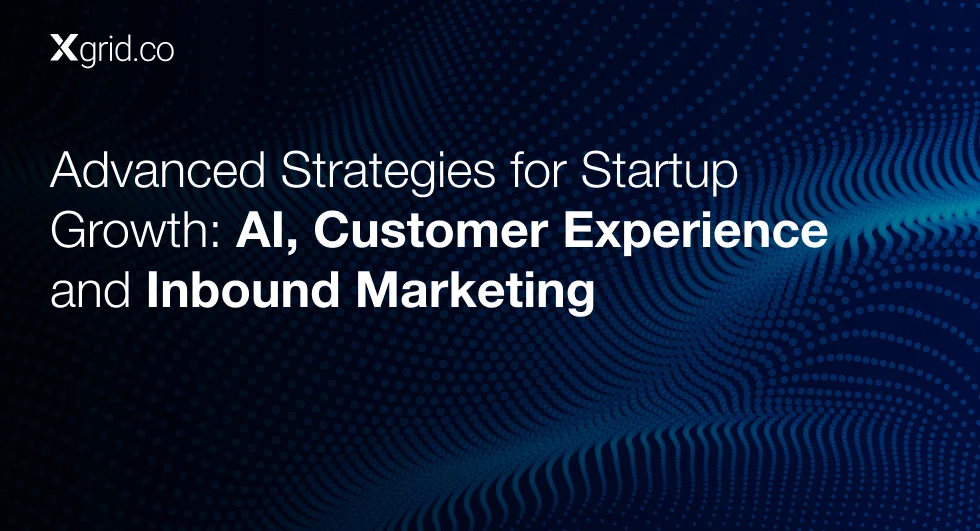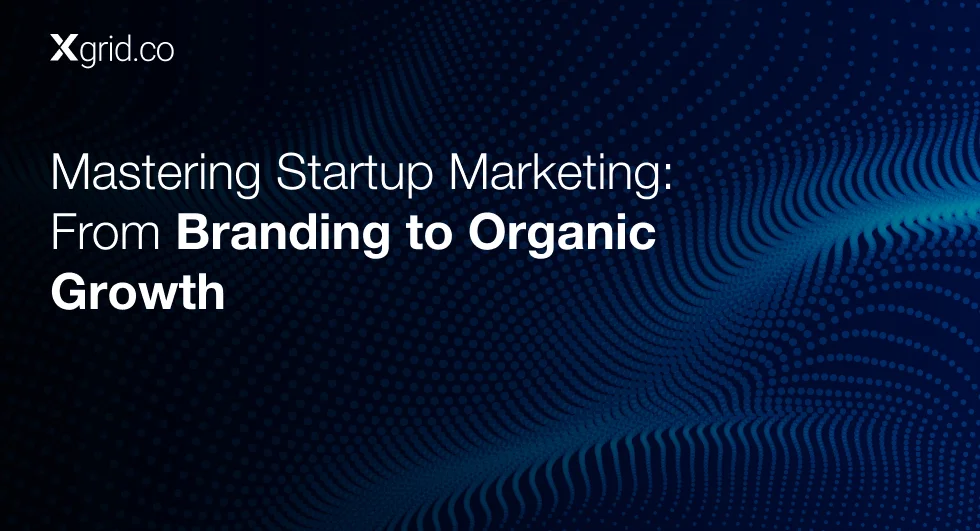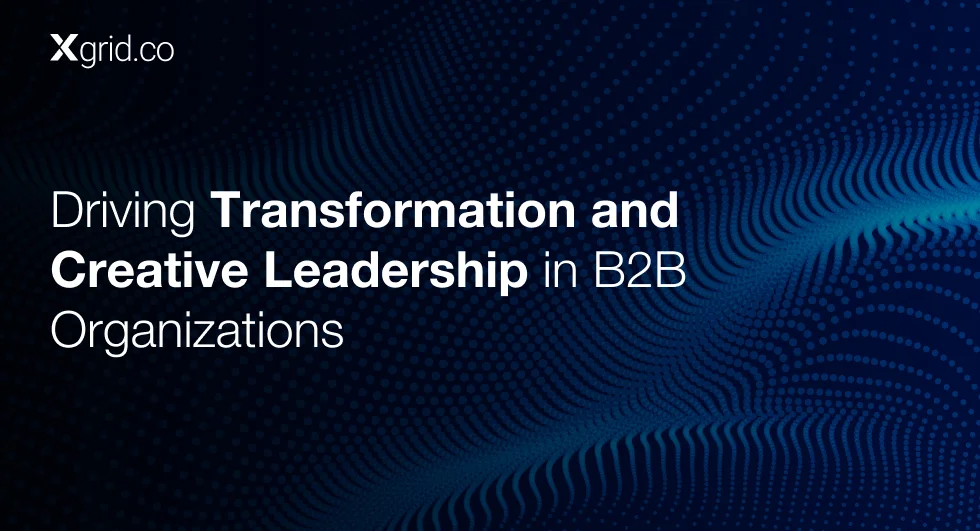Event-Based ABM Strategies: Using Events to Drive Account-Based Marketing Success
Events—whether virtual or in-person—can help deepen relationships with key accounts, nurture leads, and create memorable experiences that drive conversions.
In the playbook, it’s noted that “events allow you to connect with your audience on a more personal level.” This article explores how startups can use events as part of their ABM strategy to build meaningful relationships and accelerate deals.
Why Events Matter in ABM
Events provide a unique opportunity to engage directly with decision-makers, offer personalized experiences, and create lasting impressions.
They allow for face-to-face interaction, which is crucial for building trust and rapport with key accounts.
As Shannon Pham, a marketing expert, explains, “Events are one of the most effective ways to create meaningful touchpoints with high-value accounts.”
Whether it’s a virtual roundtable or an industry conference, events offer a platform for deeper engagement.
Event-Based ABM Strategies
1. Invite High-Value Accounts to Exclusive Events
One of the most effective ways to use events in ABM is to host exclusive events for high-value accounts. These could be invite-only webinars, workshops, or networking sessions that provide a tailored experience for your key prospects.
- Actionable Tip: Organize virtual or in-person events that cater specifically to the challenges and needs of your target accounts. Use these events as opportunities to showcase your expertise and build relationships.
2. Leverage Speaking Opportunities to Build Authority
Speaking engagements at industry events offer an excellent platform for positioning your company as a thought leader. By sharing insights and expertise, you can engage key accounts and build credibility within your target market.
- Actionable Tip: Secure speaking slots at relevant conferences or virtual events where your target accounts are likely to attend. Tailor your presentation to address their specific pain points.
3. Follow Up with Personalized Content
Post-event follow-up is crucial for keeping the conversation going. After engaging with key accounts at an event, follow up with personalized content that aligns with the discussions that took place. This could be a case study relevant to their industry, a whitepaper, or a demo offer.
- Actionable Tip: After the event, send personalized emails with relevant content or invitations to continue the conversation. Reference specific points from the event to show that you were attentive to their needs.
Case Study: Drift’s Virtual Roundtable Strategy
Drift, a conversational marketing platform, used virtual roundtables as part of their ABM strategy.
They invited key accounts to participate in exclusive roundtable discussions on industry trends, creating a space for networking and knowledge sharing.
This personalized approach helped Drift strengthen relationships with decision-makers and move deals forward.
- Results: Drift’s event-based ABM strategy resulted in stronger connections with key accounts and an increase in pipeline velocity.
Event-based Account-Based Marketing (ABM) strategies focus on leveraging events—whether virtual or in-person—to engage key accounts. However, to execute such strategies effectively, a strong go-to-market (GTM) team is essential.
For tips on how to build an effective GTM team for your startup, check out our article on building a GTM team for startups, where we discuss the roles and strategies that are key to successful go-to-market execution.
Conclusion
Incorporating events into your ABM strategy is a powerful way to build personal connections, demonstrate expertise, and accelerate deals with high-value accounts. Whether through exclusive webinars, speaking opportunities, or personalized follow-ups, events provide startups with a unique platform to engage directly with their most important prospects. As Shannon Pham emphasizes,
“Events are a way to create real, lasting relationships with key accounts—relationships that go beyond the transactional.”
Downloads
Article (PDF-276 KB)MOST POPULAR INSIGHTS
- Advanced Strategies for Startup Growth: AI, Customer Experience, and Organic Marketing
- Mastering Startup Marketing: From Branding to Organic Growth
- Driving Transformation and Creative Leadership in B2B Organizations
- Crafting Impactful B2B Campaigns: Emotional Messaging, Awareness, and Empathy
- Building Brands and Campaigns on a Startup Budget with AI Efficiency
Related Articles
Related Articles

Established in 2012, Xgrid has a history of delivering a wide range of intelligent and secure cloud infrastructure, user interface and user experience solutions. Our strength lies in our team and its ability to deliver end-to-end solutions using cutting edge technologies.
OFFICE ADDRESS
US Address:
Plug and Play Tech Center, 440 N Wolfe Rd, Sunnyvale, CA 94085
Dubai Address:
Dubai Silicon Oasis, DDP, Building A1, Dubai, United Arab Emirates
Pakistan Address:
Xgrid Solutions (Private) Limited, Bldg 96, GCC-11, Civic Center, Gulberg Greens, Islamabad
Xgrid Solutions (Pvt) Ltd, Daftarkhwan (One), Building #254/1, Sector G, Phase 5, DHA, Lahore





